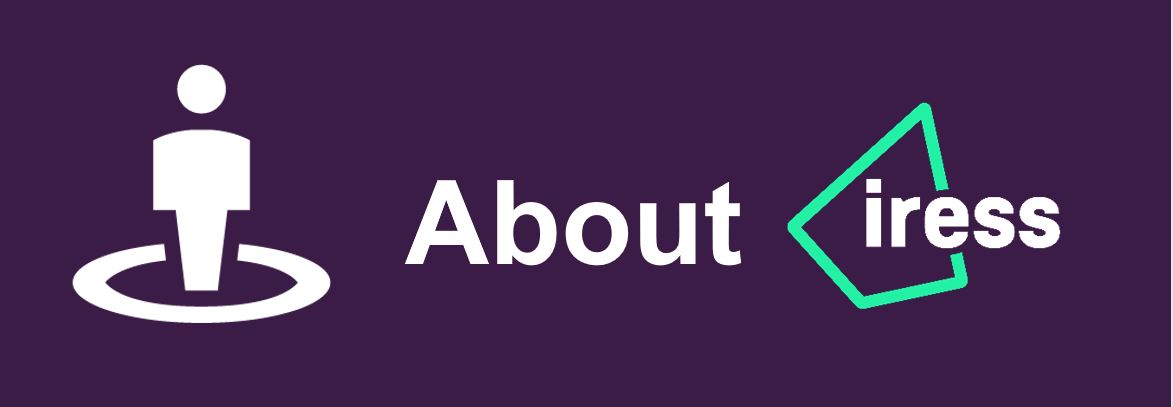Will Henry, or the Budget, Change Your Financial Future? Probably not
Written and accurate as at: May 13, 2010 Current Stats & Facts

By now you may have received many versions of the recommendations of the Henry Report into the tax system and the Government’s response to this. Also, last night the Government delivered their Budget for 2010. Most news providers have covered some of the major points as well as criticising the Government for only proposing four main changes to the tax system, on the back of Henry’s 136 recommended changes.
Taking a step back from the detail, one thing is guaranteed – our financial system will keep changing. It is important to be aware of the changes that affect you. However, it is equally important to realise that these changes won’t necessarily provide real changes or windfalls to your financial position. Ultimately, the real benefits arise from what you actually do and don’t do. Being proactive with your money management, which means taking advantage of any favourable change, can bring about great short term and long term benefits.
As outlined in our Cashflow and Compounding learning module, a little change, like saving an extra $20 a week or paying an extra $20 a week off your mortgage, over a long period of time, can make a great difference.
If you are one of those who get a little extra money as a result of a Government change, be proactive and ensure you are using all, or at least part of it, for mortgage reduction or wealth accumulation, rather than letting it just slip through the fingers. Our next newsletter will look at this concept in more detail.
For those that like the detail, below is a brief summary of the changes to tax as a result of the Henry review and some of the more prominent budget changes that we feel may impact you.
Outcomes from the Henry review into Taxation
The main components of the Government’s response to the Henry Report into the Taxation system include:
- The gradual increase from 9 percent to 12 percent in the Superannuation Guarantee (SG) Contribution over the years 2013 to 2019;
- Increasing the age in which Superannuation Guarantee is to be paid on behalf of workers from age 70 to 75;
- Introducing a ‘super subsidy’ of up to $500 placed into superannuation to offset the superannuation contributions tax for those people on an income less than $37,000pa;
- Extending the $50,000 concessional contributions cap for people aged 50 and over (currently due to expire on 30 June 2012) with balances of less than $500,000.
- The current company tax rate of 30% is to be reduced to 29% in 2013-14, with a further reduction to 28% in 2014-15.
- However, small businesses (i.e. businesses with turnover of up to $2,000,000pa) will get the 28% tax rate effective from 2011-12 financial year.
Outcomes from the 2010 Federal Budget
The main components of the Government’s 2010 Federal Budget that we feel might be relevant to you are as follows:
- From 1 July 2011, individuals will be entitled to a 50% discount on up to $1,000 of interest earned. So for example, if you earn $800 of interest, only $400 would be taxable.
- From 1 July 2012, individual taxpayers will be entitled to an optional standard deduction of $500, increasing to $1,000 from 1 July 2013. This means you don’t have to provide evidence of the deductions, effectively reducing your taxable income by this amount.
- The medical expenses tax offset threshold will increase from $1,500 to $2,000 with effect from 1 July 2010. The threshold will also be indexed annually, with effect from 1 July 2011.
- The Medicare low-income thresholds will be increased to $18,488 for individuals and $31,196 for families, with effect from 1 July 2009.
- Money held in first home savers accounts will be able to be paid into approved mortgages where the account holder buys a home prior to the end of the four year period.
- The gradual increase from 9 percent to 12 percent in the Superannuation Guarantee (SG) Contribution over the years 2013 to 2019.
- The superannuation co-contribution matching rate will be permanently maintained at 100% and co-contribution thresholds will be non-indexed for the next two income years. So if you contribute $1,000, and depending on your income, you may be entitled to a co-contribution of up to $1,000 from the Government. The maximum amount used to be $1,500. This reduction is now permanent.
One observation is that there has not been too many stimulation type measures by the Government, which may help interest rates stay at reasonable levels.
We hope some of the changes over the last couple of weeks provide a greater opportunity for you. If you are in doubt about how these changes affect you, we encourage you to speak with your professional adviser.













